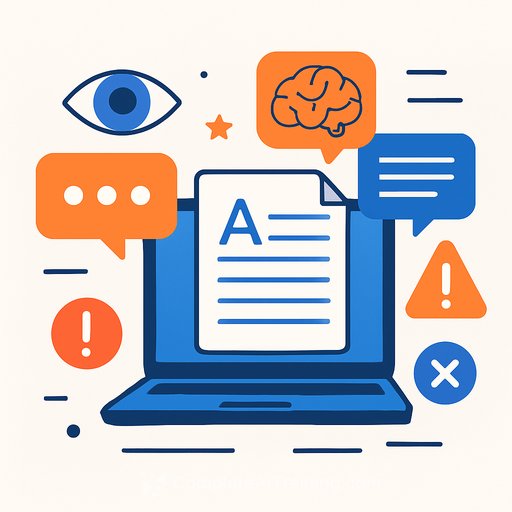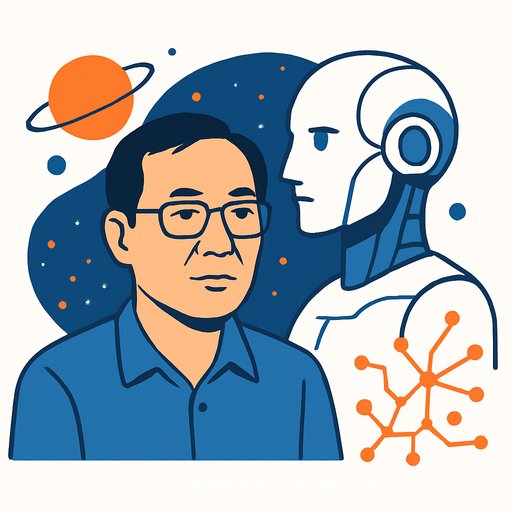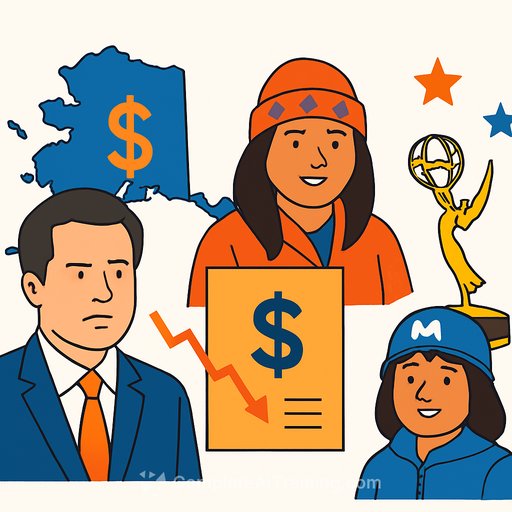Australian authors push back on proposed AI text and data mining exception
The peak body for Australian authors has rejected a proposal to allow AI firms to mine copyrighted text without payment, calling it "the greatest act of copyright theft in history." The Australian Society of Authors (ASA) has filed a response to the Productivity Commission's interim inquiry on data and digital technology, urging the government to set mandatory rules for AI companies operating in Australia.
The ASA and other rights holders argue the proposed copyright exception would give Big Tech a free pass to use creators' work without consent, credit, or compensation. They want AI development that is ethical, responsible, and sustainable-built on licensing, not unapproved extraction.
Why the ASA says the proposal fails creators
- It would destroy emerging licensing markets that pay writers for use of their work.
- It could decrease productivity in copyright industries by undercutting income streams.
- It risks breaching international treaty obligations.
- It undermines Indigenous cultural and intellectual property.
- It contradicts commitments made under Australia's National Cultural Policy.
- The interim report overlooks global litigation contesting AI training on copyrighted works.
- It lacks analysis of the productivity contribution made by copyright industries.
"Instead of seeking ways to legitimise the greatest act of copyright theft in history, the commission should support the ethical, responsible, and sustainable development of AI, which relies upon the appropriate licensing of copyright work," said ASA chief executive Lucy Hayward.
"Big tech's past conduct demonstrates they will favour unpaid, extractive practices - including using pirated material - if they can get away with it," Hayward added. "The government has the right and the obligation to set the standards we impose on these companies in Australia, to protect creators' livelihoods, safeguard Australians against misconduct, and ensure the future of Australian culture."
What the ASA wants the government to mandate
- A code of conduct requiring AI developers to disclose the copyrighted works used to train their models.
- Ongoing compensation to Australian creators whose work has been used without consent.
- Licensing for any use of copyrighted material, including training and synthetic outputs derived from it.
- Policy settings that let authors consent (or refuse) use of their work for AI training-and get paid if they agree.
The federal government has previously affirmed copyright as a primary income source for creators. The ASA says the equitable path is simple: enable licensing, protect consent, and ensure payment.
"It is not in Australia's national interest to enrich multinational companies at the cost of Australian creators," Hayward said. "We're not asking for anything unreasonable - simply that AI companies should license and pay for the copyright content that makes their technology possible. The Productivity Commission should not support what amounts to wage theft for the creative industries as the path to greater productivity."
What this means for writers right now
- Make your voice heard: add your name to sector submissions and contact your MP. Collective pressure matters.
- Review your contracts: add clauses covering AI training, dataset use, and synthetic outputs. Ask for opt-in and licensing terms.
- Keep records of your works, editions, and publication timelines. Strong metadata supports claims and licensing.
- Watch for disclosure: if rules change, track whether your titles appear in any published training datasets.
- Engage in licensing opportunities that pay fairly. Avoid unpaid "permissions" that set bad precedent.
Key references
- Productivity Commission: Data and Digital Technology interim inquiry
- Australia's National Cultural Policy
Build AI literacy without giving up your rights
If you want to work with AI tools while protecting your catalog and income, upskill with resources that respect copyright and proper licensing.
Your membership also unlocks:






